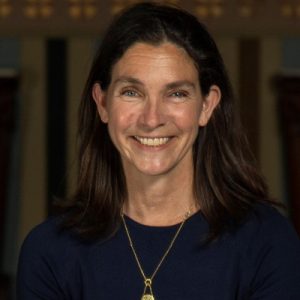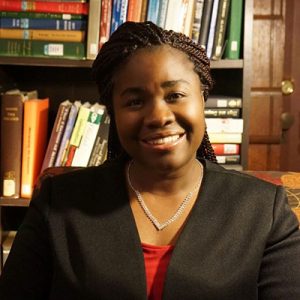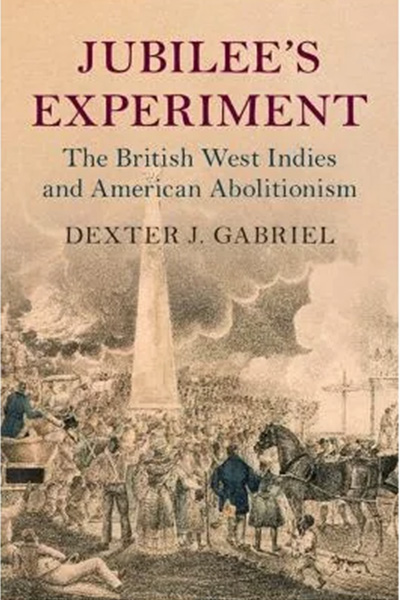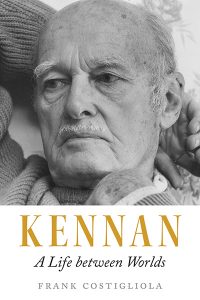The UConn Avery Point Campus will host a special screening of the film, Nuchi nu Miji – Okinawa’s Water of Life at the Avery Point Campus in the auditorium on March 21st from 3-6 pm, organized by UConn History Prof. and Maritime Studies Affiliate Faculty member, Alexis Dudden. The film portrays Okinawans’ struggle for justice in one of the worst environmental catastrophes in modern Japanese history, where since 2016 nearly one-third of the population’s drinking water has been contaminated with military PFAS “Forever Chemicals.” It features interviews, archive footage and documents obtained via the US Freedom of Information Act, to uncover the truth of what has been happening in Okinawa, and the struggle of residents who feel ignored by both Tokyo and Washington.
Both of the filmmakers, Shimabukuro Natsuko and Jon Mitchell, will also be present to meet.
- Shimabukuro Natsuko is a director with Ryukyu Asahi Broadcasting Corporation. Her documentaries about Okinawan history, politics, and environmental problems have won Japan’s top TV prizes, including the prestigious Galaxy Award. She is a member of Waseda University’s Institute for the Next Generation of Journalism and Media.
- Jon Mitchell is a correspondent with Okinawa Times and the author of four books about Okinawa’s environment, including Poisoning the Pacific (Rowman & Littlefield), a winner in the 2021 US Society of Environmental Journalists’ book awards. He is a visiting researcher at Meiji Gakuin University’s International Peace Research Institute, Tokyo.
Prof. Dudden’s research includes work on modern Japan, modern Korea, and international history and she is currently writing a book, The Opening and Closing of Japan, 1850-2020, about Japan’s territorial disputes and the changing meaning of islands in international law.
Find more information about the event here.








